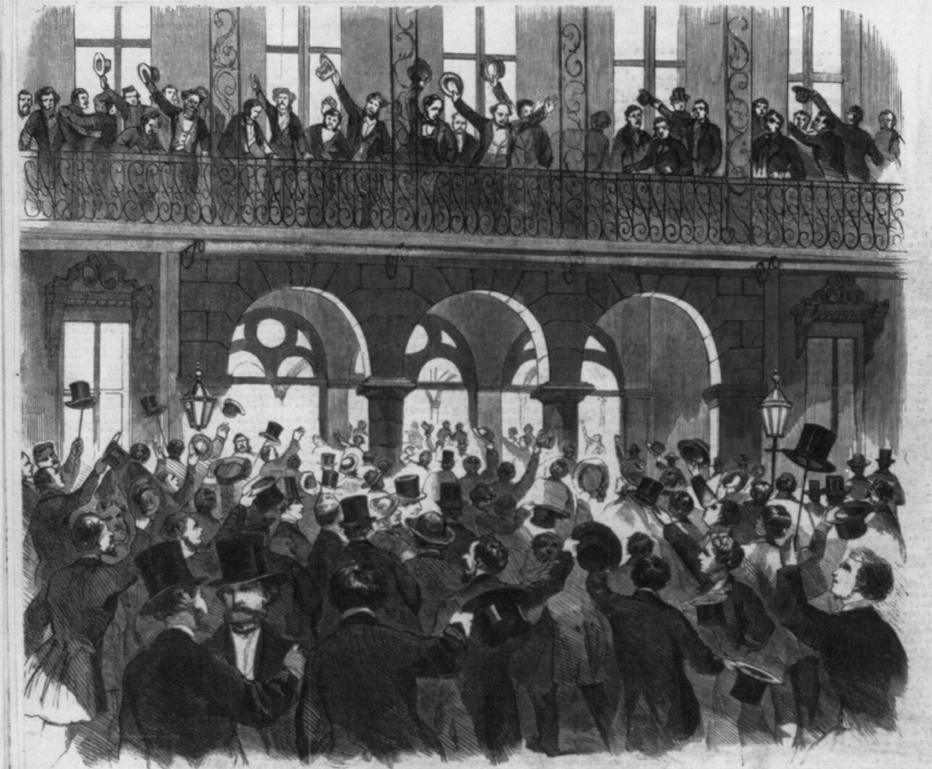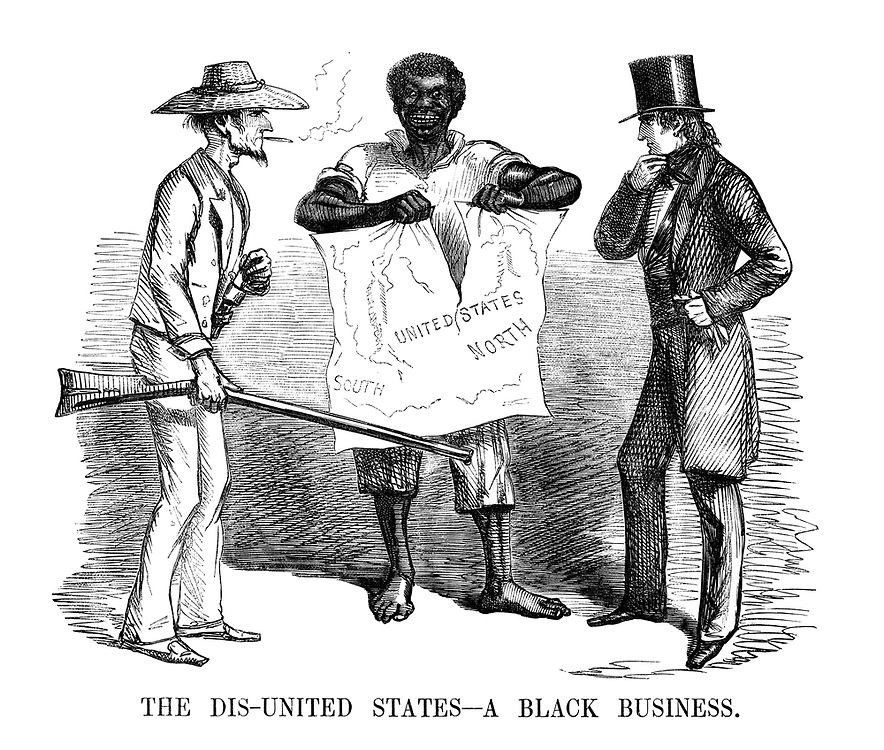The American Civil War, which lasted from 1861 to 1865, was a turning point in the history of the United States. It marked the end of slavery and the beginning of the long process of Reconstruction, during which the nation sought to redefine itself and its relationship with its citizens. While the war was fought for many reasons, one of the underlying social causes was the issue of slavery and the rights of African Americans.
Slavery had been a divisive issue in the United States since the country's founding. The Constitution, which was written in 1787, contained a compromise between Northern and Southern states over the issue of slavery. Northern states, which were mostly industrial and had a smaller population of slaves, wanted to limit the expansion of slavery, while Southern states, which were primarily agricultural and had a large population of slaves, wanted to protect the institution. This compromise allowed the country to unite, but it also left a deep wound that would eventually lead to the Civil War.
As the country grew and expanded westward, the issue of slavery became increasingly contentious. Northern states began to outlaw slavery, while Southern states sought to protect and expand it. The passage of the Fugitive Slave Act of 1850, which required Northerners to return runaway slaves to their owners, further inflamed tensions between North and South.
In addition to the issue of slavery, there were also other social causes of the Civil War. The country was undergoing rapid industrialization and urbanization, which led to significant social and economic changes. These changes created a rift between the North and South, as the North became more industrialized and the South remained primarily agricultural. The North also had a larger and more diverse population, while the South was more homogenous and had a smaller population.
Finally, the issue of states' rights played a significant role in the Civil War. Southern states believed that they had the right to secede from the Union if they felt their interests were not being protected. This belief was rooted in the idea of states' rights, which held that states had the right to govern themselves and make their own decisions without interference from the federal government.
In conclusion, the Civil War was a complex and multifaceted conflict that was caused by a number of underlying social and political issues. While the issue of slavery was a central cause of the war, there were also other factors, such as industrialization, population differences, and states' rights, that contributed to the tension between North and South and eventually led to the outbreak of hostilities.



:max_bytes(150000):strip_icc()/slaves-58189b555f9b581c0b163743.jpg)




